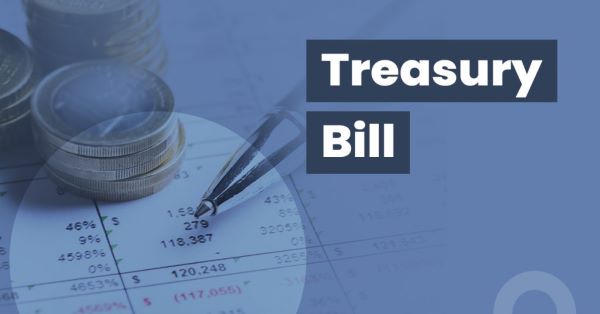In its latest treasury bill auction, the Government of Ghana fell short of its GHS 6.43 billion target, raising only GHS 4.73 billion, a shortfall of GHS 1.59 billion.
This underperformance, detailed in the Bank of Ghana’s auction results, signals waning investor appetite amid falling yields.
Despite the shortfall, the Treasury accepted all GHS 2.98 billion in bids for the 91-day bill. Meanwhile, the 182-day bill attracted GHS 869 million in bids, with GHS 668 million accepted.
For the 364-day instrument, the government received GHS 1.43 billion in bids but accepted only GHS 1.07 billion, mostly through non-competitive tenders.
This selective acceptance strategy appears to be a deliberate effort by the Treasury to manage borrowing costs, resulting in a significant yield compression across all tenors.
The 91-day bill yield dipped by 9 basis points to 15.23%, while the 182-day bill saw a larger drop of 25 basis points to 15.77%.
Most notably, the 364-day bill yield tumbled by a sharp 142 basis points to 16.95%, driven primarily by the absence of competitive pricing.
Market analysts suggest this yield decline underscores the Treasury’s shift toward more cost-effective borrowing amidst tepid demand.
As attention turns to the upcoming auction, the government is now aiming to raise GHS 6.69 billion.










